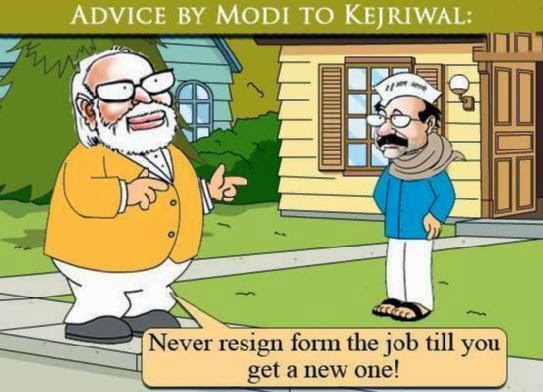“By means of deep meditation and magical power it may be possible to sleep on fire, but it is impossible to sleep with an empty stomach in a situation of poverty.” - Thiruvalluvar (50 B.C.)
New poverty line has been redrawn by Rangarajan Committee. It is Rs 32 for rural India and Rs 47 for urban India. The earlier poverty line figure was Rs 27 for rural India and Rs 33 for Urban India. Columnist T N Ninan has given us glimpse on the approach taken for defining poverty line - "The Rangarajan committee, set up two years ago to take a fresh look at poverty issues, has according to a newspaper report recommended a radically new way of deciding who is officially poor. New in India, that is, because the approach that the committee has reportedly recommended is already in practice in the US and Europe: poverty is defined, not as an absolute level of income, but relative to the average levels of income. The US says all those whose income is 40 per cent or less than the average (median, not mean) are poor; Europe is more generous, and puts the cut-off at 60 per cent of the median income."
The findings of the Rangarajan panel report on poverty estimates states that three out of 10 people in India are poor. 30% are poor but who are they? They are not uniform and homogeneous group as projected by media. Even those who are just above poverty line may fall below this due to vulnerable situations. I assume that new holy trilogy of social security {National Pension System (NPS), National Rural Livelihoods Mission (NRLM) and Food Security Bill} can provide safety net to many. Proper estimation, identification and targeting of poor for schemes are the real challenges in getting schemes implemented properly in our country
Commenting on the poverty line will be like muddling on the pile of deadwood. I came to conclusion now that everyone believes what they want to. So depending on one's ideology, poverty in India has reduced or increased. Statistics can only be a tool for managers or policymakers. Perceptions, Meaning and Utility are the reality checks used by consumers and voters. Even in ours democracy, extreme poverty is not much relevant to the median voter belonging to middle class now. That is the state of affairs.
The cascading effect of increase in prices of petroleum products on inflation and a high fiscal deficit is a matter of serious concern. Upcoming budget must have tough measures to deal with forecasting of poor monsoon and high prices of petroleum due to Iraq war. I hope to see end of Subsidy Raj in Modi led central government and there are talks of abolishing planning commission. To what extent the government will be able to undertake reforms will depend on how far the NDA is willing to go.
New poverty line has been redrawn by Rangarajan Committee. It is Rs 32 for rural India and Rs 47 for urban India. The earlier poverty line figure was Rs 27 for rural India and Rs 33 for Urban India. Columnist T N Ninan has given us glimpse on the approach taken for defining poverty line - "The Rangarajan committee, set up two years ago to take a fresh look at poverty issues, has according to a newspaper report recommended a radically new way of deciding who is officially poor. New in India, that is, because the approach that the committee has reportedly recommended is already in practice in the US and Europe: poverty is defined, not as an absolute level of income, but relative to the average levels of income. The US says all those whose income is 40 per cent or less than the average (median, not mean) are poor; Europe is more generous, and puts the cut-off at 60 per cent of the median income."
The findings of the Rangarajan panel report on poverty estimates states that three out of 10 people in India are poor. 30% are poor but who are they? They are not uniform and homogeneous group as projected by media. Even those who are just above poverty line may fall below this due to vulnerable situations. I assume that new holy trilogy of social security {National Pension System (NPS), National Rural Livelihoods Mission (NRLM) and Food Security Bill} can provide safety net to many. Proper estimation, identification and targeting of poor for schemes are the real challenges in getting schemes implemented properly in our country
Commenting on the poverty line will be like muddling on the pile of deadwood. I came to conclusion now that everyone believes what they want to. So depending on one's ideology, poverty in India has reduced or increased. Statistics can only be a tool for managers or policymakers. Perceptions, Meaning and Utility are the reality checks used by consumers and voters. Even in ours democracy, extreme poverty is not much relevant to the median voter belonging to middle class now. That is the state of affairs.
The cascading effect of increase in prices of petroleum products on inflation and a high fiscal deficit is a matter of serious concern. Upcoming budget must have tough measures to deal with forecasting of poor monsoon and high prices of petroleum due to Iraq war. I hope to see end of Subsidy Raj in Modi led central government and there are talks of abolishing planning commission. To what extent the government will be able to undertake reforms will depend on how far the NDA is willing to go.


